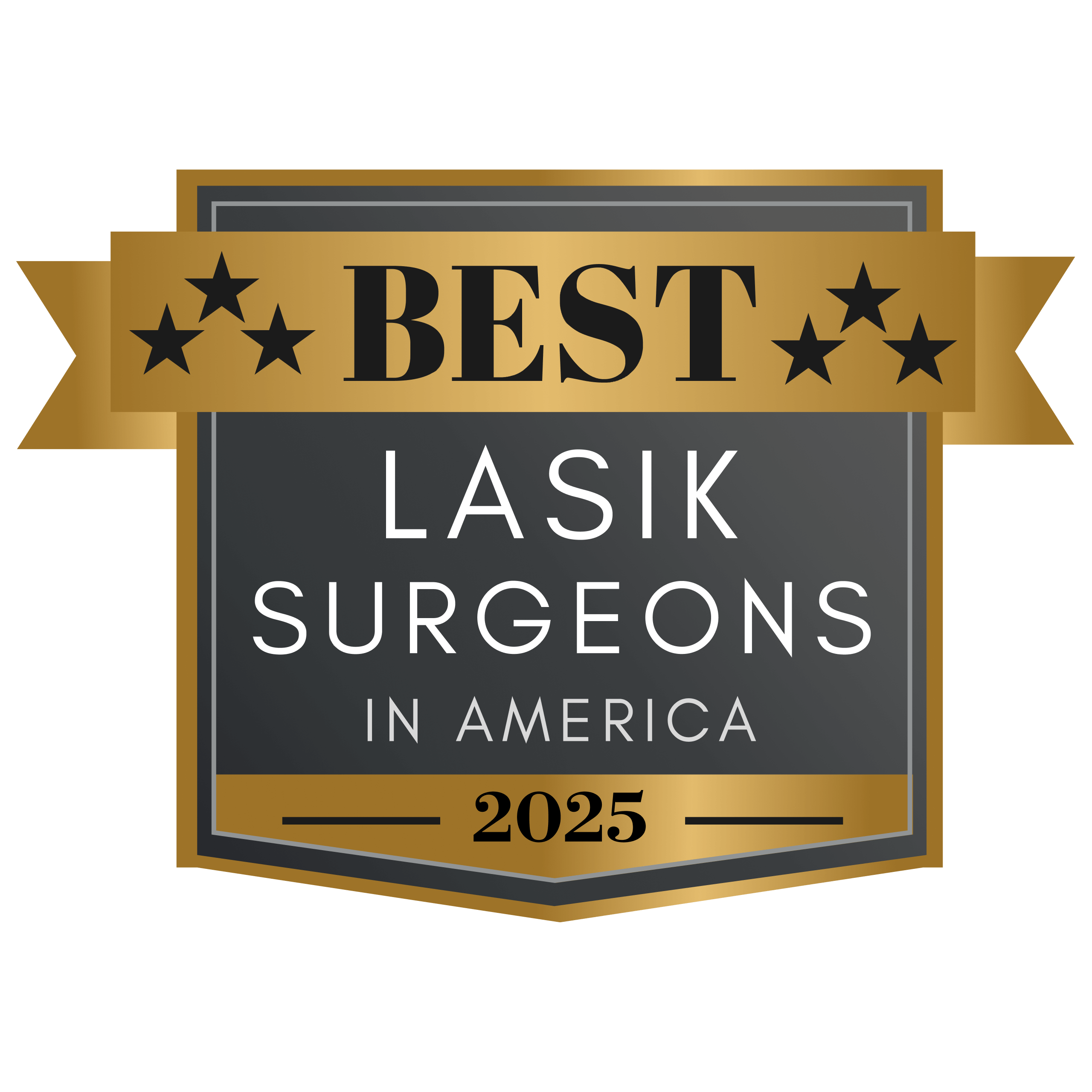In today’s world, we are surrounded by screens. Smartphones, televisions, video games, and occupations requiring extended hours in front of computer monitors put our eyes under constant strain. Naturally, this has led to a rise in people reporting vision impairments.
According to the Vision Health Initiative, approximately 14 million Americans age 12 and older have self-reported visual impairments defined as vision of 20/50 or worse. This means more and more people are relying on prescription eyeglasses or contacts to achieve 20/20 vision. Contacts and glasses are viable vision correction options, but the upkeep can be a financial burden over time. For those looking to end or reduce their need for contacts and glasses, there is vision correction surgery. As of 2011, more than 11 million Americans have opted for LASIK eye surgery. Below is everything you need to know from pre-operation to post-operation about LASIK.
What is LASIK?
According to the Mayo Clinic, LASIK is an abbreviation meaning laser-assisted in-situ keratomileusis. LASIK is a vision correction surgery used to help those looking to eliminate or reduce the need for eyeglasses or corrective lenses. Due to refractive errors preventing the eyes from properly focusing light, vision begins to blur. The most common forms of refractive vision problems are nearsightedness (myopia), farsightedness (hyperopia) and astigmatism. The most common type of refractive eye surgery is LASIK with the goal of creating clearer, sharper vision.
How does Vision Correction Surgery Work?
LASIK eye surgery corrects the refractive errors in the eye by changing the shape of the cornea, the transparent-front layer of the eye. By changing the shape of the cornea, light will be more focused and hit the retina in the back of the eye correctly. During the procedure, the doctor creates an ultra-thin flap on the top layer of the cornea using computer-controlled laser pulses. Once the top layer is flipped out of the way, a painless computer-controlled laser will pulsate to remove microscopic amounts of tissue in the eye. This will reshape the eye to refocus light to correctly hit the retina. The doctor will finish the procedure by repositioning the top flap over the cornea.
What are the benefits of Vision Correction Surgery?
Some of the benefits of LASIK eye surgery can be noticed almost immediately after the procedure. One of the best benefits is how this minimal to pain-free procedure can quickly improve a patient’s vision. Some patients notice improved vision the same day, while others notice gradual improvement over a few days following the procedure. As time goes on, LASIK patients will begin to enjoy activities such as exercising or travel without the use of contacts, glasses or sports goggles.
Ideal Candidates for Vision Correction Surgery?
When considering a vision correction procedure, it is important to know if you’re a candidate. The ideal LASIK candidate is an adult over the age of 18 with healthy corneas and proper expectations. Having healthy corneas generally mean the eyes are free of eye diseases or abnormalities, including scars and infections. An eye exam can tell if the eyes are healthy enough for vision correction surgery.
Due to contact lenses changing the shape of the eyes, the doctor will recommend wearing glasses for a period of time prior to surgery so the eyes can return to their normal shape. Women who are pregnant or nursing are not candidates for LASIK. It is important to note that LASIK does not guarantee 20/20 vision with every patient, but it can reduce or eliminate the dependence on contacts or eye glasses.
Life after Vision Correction Surgery
Following vision correction surgery, patients will be able to go home shortly after the procedure. Most people return to work the following day, or a few days after the procedure depending on recovery time. It is recommended to avoid swimming, using eye makeup or getting water directly into the eyes for a couple of weeks following the procedure. After the recovery period is complete, patients will be able to enjoy seeing the world without a dependence on contacts or glasses. As an added bonus, LASIK patients will enjoy financial savings when not having to spend hundreds of dollars regularly on new contacts or glasses.
In the past when people’s visions began to blur, it meant the future would include a lifetime of needing contacts or glasses to see correctly. But now with LASIK eye surgery, people have an opportunity to enjoy the gift of sight with nothing between your eyes and the world in-front of you. If you or someone you know would be interested in learning more about LASIK vision correction surgery, please contact the Filutowski Eye Institute.










